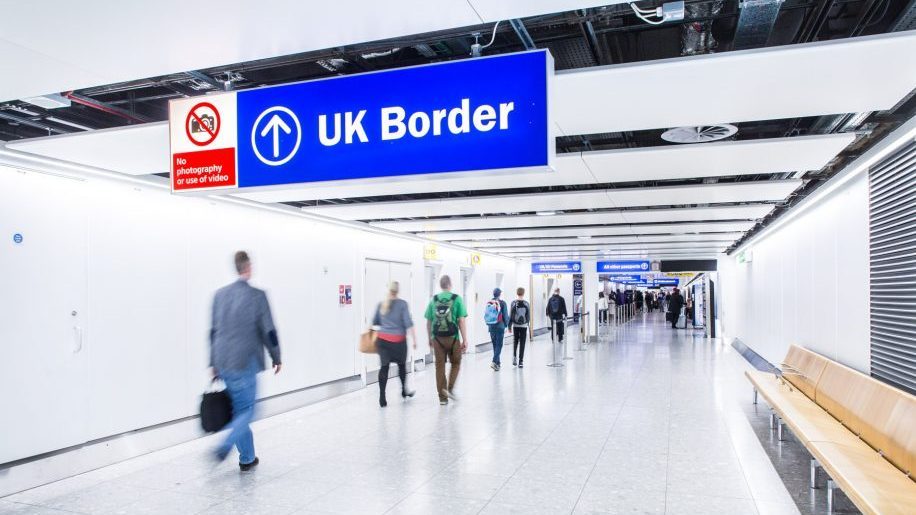
Travellers returning to the UK may face six-hour queues when international travel restarts in mid-May, according to The Times.
Chris Garton, Chief Solutions Officer at Heathrow airport, told the Commons Transport Select Committee that delays at border control were “well in excess of two hours and up to six” and that this would worsen after May 17. Heathrow airport is currently seeing between 10,000-15,000 arrivals every day, which equates to 10 per cent of pre-pandemic numbers.
Garton told MPs that long queues at border control were a result of thorough checks of arrivals’ paperwork, such as the passenger locator form and proof of a negative coronavirus test. As this is done manually, passengers are unable to use the e-passport gates.
“What’s happened is a whole host of new checks – 100 per cent checking of everybody – has been introduced, and that obviously has put a tremendous burden on the officers who work at the border”
“The airport was never built to have so many people held up. The situation is becoming untenable. We want to see that bottleneck removed as quickly as possible. It will become a much bigger problem after May 17.”
Earlier this month, the UK government’s Global Travel Taskforce published its framework for a return to international travel, which includes the much-trailed ‘traffic light system’ for destinations. The government said it was “too early to predict which countries will be on which list over the summer”, with plans to publish details by early May.
In order to prepare for the reemergence of international travel, Garton stated that errors on passenger locator forms should be corrected in advance and that the e-gates should be able to check the documents automatically. According to the framework, passenger locator forms will be digitised and integrated into the UK border system, enabling checks to take place at e-gates by autumn 2021.
The Prime Minister’s official spokesman said:
“The first thing to recognise here is that we are in a global health pandemic and broadly people should not be travelling unless absolutely necessary.
“Border Force, as you would expect, are completing thorough checks of every arriving passenger, helping to determine what quarantine measures they need to follow to keep the UK public safe. That’s the approach the public would expect.”
Meanwhile, the government has said that it would work with the travel industry and private testing providers ahead of international travel reopening, to reduce the cost of travel for the British public – recent research shows that UK customers are having to pay over twice the cost for pre-departure PCR tests as their European counterparts.
A recent study commissioned by IATA also found that high performing rapid antigen tests are as effective as PCR tests in identifying Covid-19, and could be used to “safely reopen” international travel.












